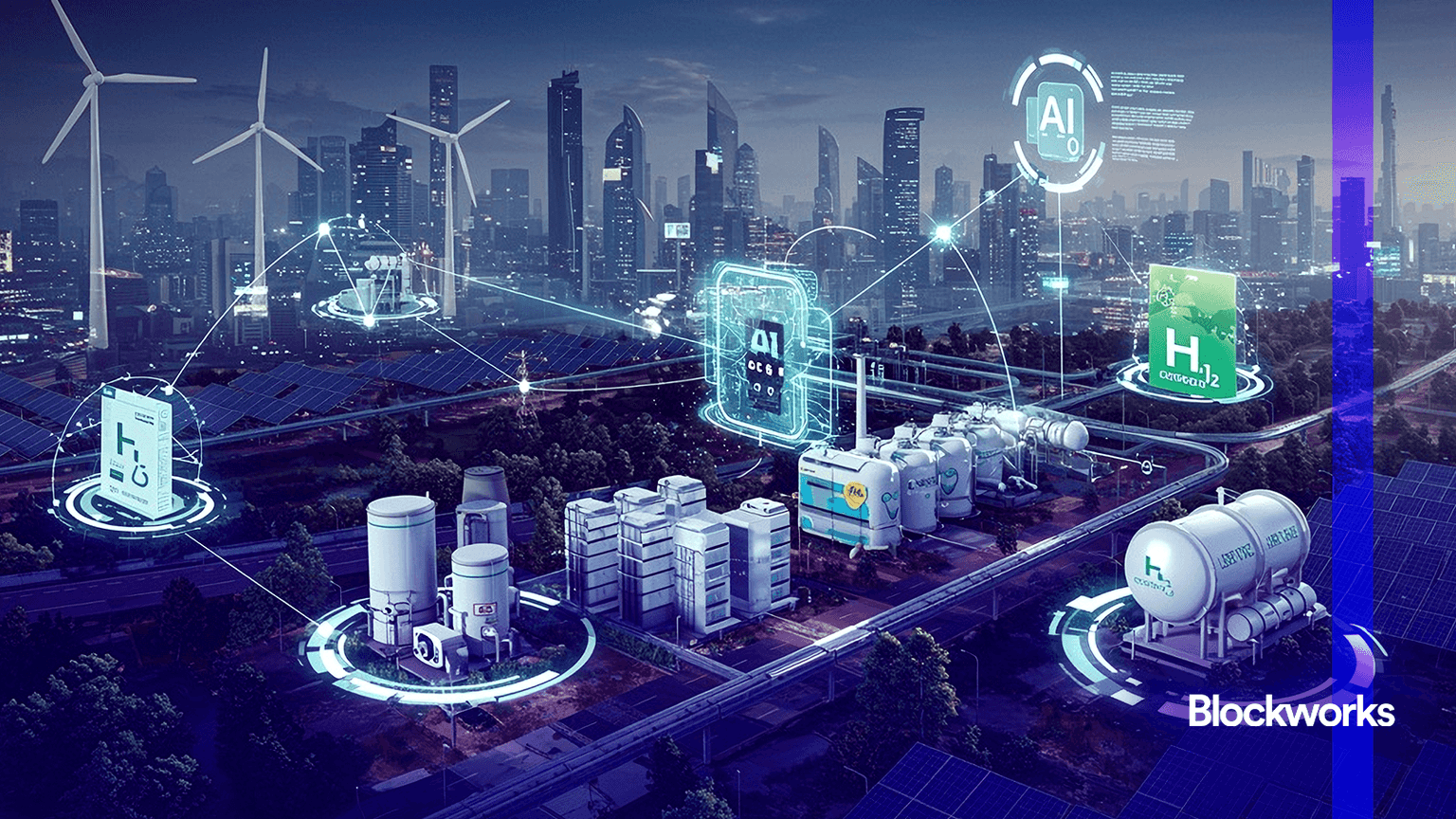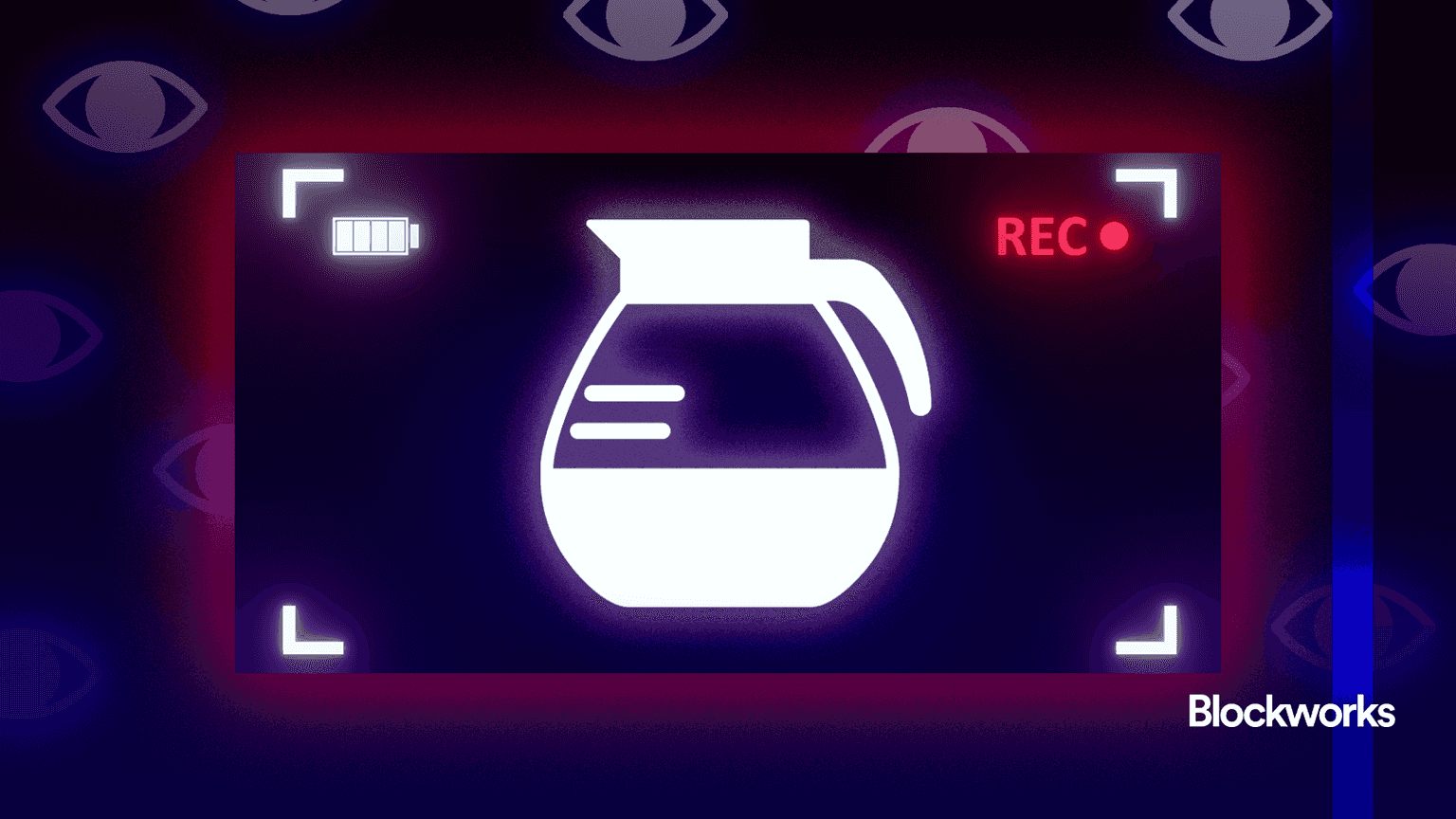PayPal research proposes greener bitcoin mining
The scheme would lock extra bitcoin in transactions that only environmentally friendly miners can unlock

rzoze19/Shutterstock and Adobe modified by Blockworks
An internal research group at PayPal released a report late Monday on how economic incentives could spur bitcoin miners to use cleaner energy.
Bitcoin’s proof-of-work consensus mechanism has drawn criticism from environmental groups and legislators for being computationally intensive. The PayPal report suggests solving this problem by stashing extra bitcoin rewards in certain transactions for miners using low-carbon energy sources.
Bitcoin miners are paid with bitcoin for their computational labor under PoW, and PayPal’s report would shuttle a little extra bitcoin to environmentally conscious miners.
Read more: This Bitcoin halving cycle, miners need a new energy strategy
The program starts with identifying so-called green miners who use clean energy or have a limited impact on energy grids, as defined by the platform Energy Web. Green miners’ public keys, which are cryptographic hashes that allow miners to receive their bitcoin rewards, are identified as “green keys.”
To reward green miners, certain bitcoin transactions would have a UTXO with a multisig wallet holding extra bitcoin. This multisig wallet can only be accessed by green keys. These transactions will also have lower-than-average fees, making them more appealing for green miners, who can unlock the wallet with their green keys, to include in a block.
The report likens the program to paying an “indirect grant” to bitcoin miners using cleaner energy.
Read more: Why did Cambridge revise its bitcoin electricity consumption index?
One potential tradeoff in the scheme is that non-green miners could still pick up earmarked transactions if the low fees aren’t a deterrent. The report also recommends “removing” any malicious green miners who may try to drive up the transaction fees on green transactions for their own gain.
Not everyone in the Bitcoin community immediately loved PayPal’s idea.
“Bitcoin doesn’t need wonky schemes, miners are already building renewables & cutting methane & toxic waste,” Magdalena Gronowska, advisor to energy recycling project PRTI, said on X.
Gronowska pointed out that despite the recent halving, bitcoin fees are still relatively high, and PayPal’s scheme relies on miners picking lower fees in exchange for a subsidy.
Read more: Bitcoin memecoins pushed fees higher than block rewards for first time
The report does not give a specific amount for the “subsidy,” only saying the green miner multisig would contain “some bitcoins.”
If PayPal’s public mempool solution doesn’t work, smart contracts or the Lightning Network could be used to privately send green miners extra rewards, the report notes, adding that doing so would require a level of trust.
The report was authored by PayPal’s Blockchain Research Group, an internal group that PayPal has said began work around 2015. The researchers tested aspects of the incentivization program with blockchain company DMG.
Get the news in your inbox. Explore Blockworks newsletters:
- The Breakdown: Decoding crypto and the markets. Daily.
- 0xResearch: Alpha in your inbox. Think like an analyst.






